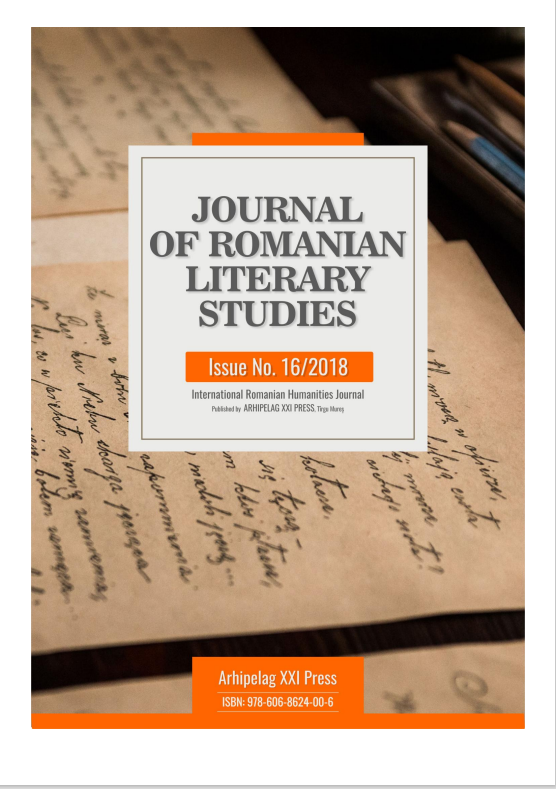ROMÂNEȘTE – AN INTELLECTUAL CONFESSION
ROMÂNEȘTE – AN INTELLECTUAL CONFESSION
Author(s): Marinela-Viorica Sabou (Țuculete)Subject(s): Language and Literature Studies, Romanian Literature, Philology, Theory of Literature
Published by: Editura Arhipelag XXI
Keywords: memory; insomnia; conscience; limitation; screem;
Summary/Abstract: The volume The Romanian signed by Virgil Ierunca is a cultural documentary which contains essays, polemic articles and various notes about some Turkish style of Romanian writers or intellectuals who remained in their country. Virgil Ierunca managed to map the Romanian culture of the 1950s, as other critics have not done it yet, because of their patriotism and love of their country. He did not judge the writers' literary wishes, but he could not agree their desertion. The most important article of the volume is If we can speak which gives the reader the justification of his process. Thus, the writers can be divided into several categories: in the top of the classification is the frivolous sinners, namely George Călinescu, Tudor Vianu, Mihai Ralea and Alecu Rossetti; the sinners of socalled revolutionary inertia, for instance Geo Bogza; the sinners because of their fear of the revolt of their past, were represented by Traian Herseni, Ion Marin Sadoveanu, Eusebiu Camilar; the collaborators with shame and distances: Şerban Cioculescu and Al. Dima; the trade opportunists: Zaharia Stancu, Demostene Botez, Cicerone Theodorescu and the last category, the officials who are supposed to maintain the system flaw. The critic Virgil Ierunca was aware of the polemic, pamphlet accents, and also of the justice tone, and he preferred the truth instead of the unclear things. All the selected materials of the authorřs book in 1964, were the results of a real battle. He felt a duty of a scream, but also one of the truth. In some pages we notice the praising and the neutral tone of some artists such as: Constantin Brâncuşi, George Enescu, Alice Voinescu, Mihai Eminescu or Eugen Lovinescu. The book has on the last cover a writer's confession about this work in which he expresses his beliefs , as he felt from exile, about the intellectuals’ world in their native country, Romania, The reading of these lines is an encouragement for all people who will read the pages of this book, emphasizing the ages of an era in which we will notice how people acted on that time, and the consequences of their actions and at last the social, political and cultural phenomena about the Romanian society in the post-war period.
Journal: Journal of Romanian Literary Studies
- Issue Year: 2019
- Issue No: 16
- Page Range: 1016-1022
- Page Count: 7
- Language: Romanian

